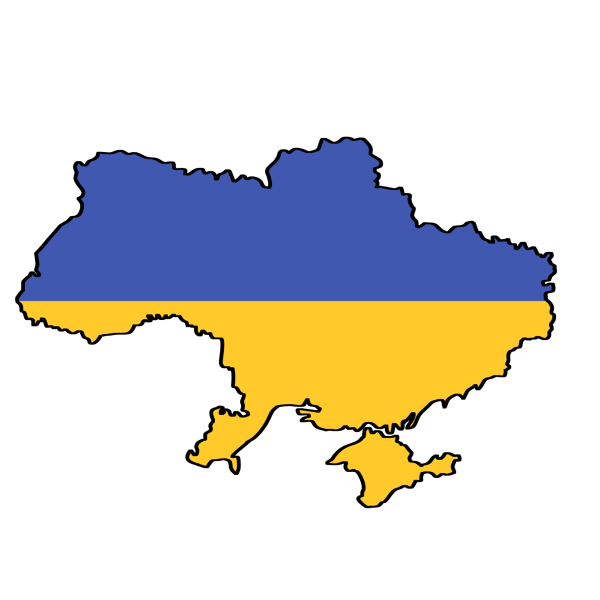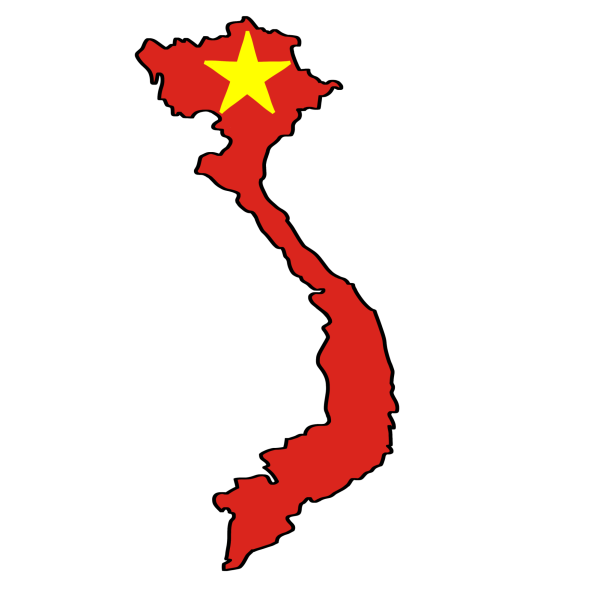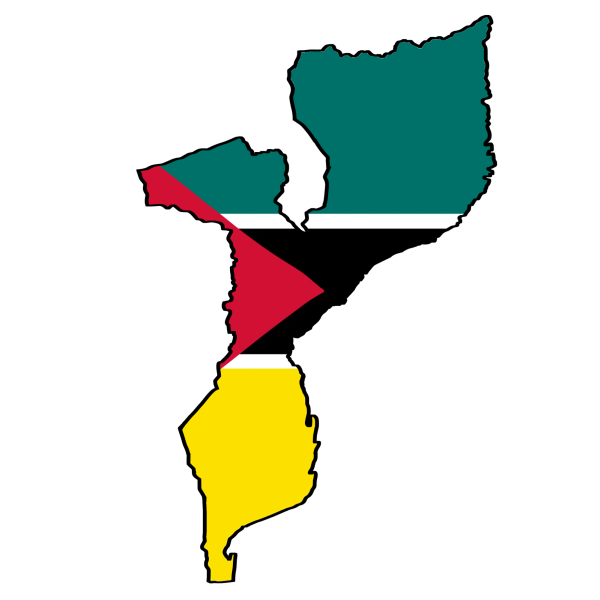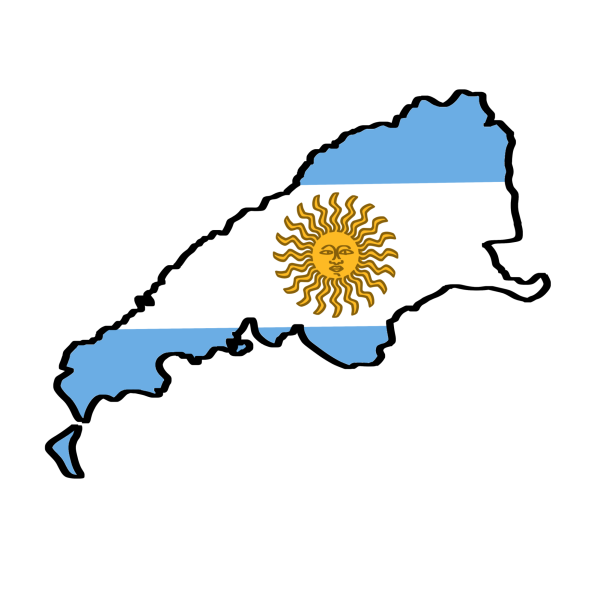
Ukraine: Hundreds of women gathered to demand government transparency regarding the 26,000 soldiers who are missing due to the Russia-Ukraine war on Oct. 27 at Independence Square, the Ukrainian capital. Mothers, wives, sisters and daughters of the thousands of missing Ukrainian soldiers demanded answers from President Volodymyr Zelenskyy. The New York Times reported that the Ukrainian government is prohibiting the release of information regarding the soldiers to “avoid sharing such information with Russia but also to prevent any lowering of morale at home.” However, families are growing increasingly worried as brigades are going missing and the government remains tight-lipped. The demonstrators are urging the government to alert families on the status of their loved ones — dead, missing or alive.

Vietnam: Local fishermen protested the development of the $30 million Long Son Container Port Project on the morning of Oct. 23 at Hai Ha Beach, a northern province of Thanh Hoa, Vietnam. According to Radio Free Asia, a United States governmentally-funded news organization, the 820-foot port would restrict access to the local dock. Over 400 households who rely on the beach for its accessibility for fishing claim that the project will harm their livelihood and careers. Residents expressed their concerns about the project and advocated for the government to provide them with both compensation and resettlement plans. Instead, the government responded to their protests by alerting police who were seen “beating several demonstrators with batons and arresting about a dozen of them.”
 Mozambique: Protesters swarmed the streets as violent protests sparked in several Mozambique cities after municipal election results were released on Oct. 11. According to Reuters, the ruling FRELIMO party — that has won every election since 1994 — is denying fraud in their victory of 64 out of 65 municipalities. The losing party RENAMO is denouncing the election results and calling for supporters to mobilize and seek legal action against the opposing party. The protests resulted in two casualties, and protesters have reportedly been seen “burning tyres [tires] and throwing stones”, where “the atmosphere remains tense”, according to the Centre for Public Integrity (CIP).
Mozambique: Protesters swarmed the streets as violent protests sparked in several Mozambique cities after municipal election results were released on Oct. 11. According to Reuters, the ruling FRELIMO party — that has won every election since 1994 — is denying fraud in their victory of 64 out of 65 municipalities. The losing party RENAMO is denouncing the election results and calling for supporters to mobilize and seek legal action against the opposing party. The protests resulted in two casualties, and protesters have reportedly been seen “burning tyres [tires] and throwing stones”, where “the atmosphere remains tense”, according to the Centre for Public Integrity (CIP).

Argentina: Protests continue to spark throughout the Jujuy province following a partial reform of the provincial Constitution by the Constituent Convention of Jujuy in June which exploited Indigenous people’s rights to their territories. Indigenous people in Jujuy are protesting to express their disappointment in the government for passing the reform without prior consent of the Indigenous population or consultation with the population. Amnesty International, a human rights and social justice organization, discussed the repression that protesters are facing from the provincial police. The Jujuy police are inhibiting their rights to expression and peaceful protesting. With over 107 victims and witnesses to the atrocities, the police have “created a hostile environment that inhibits the people of Jujuy from exercising their right to peaceful protest.”